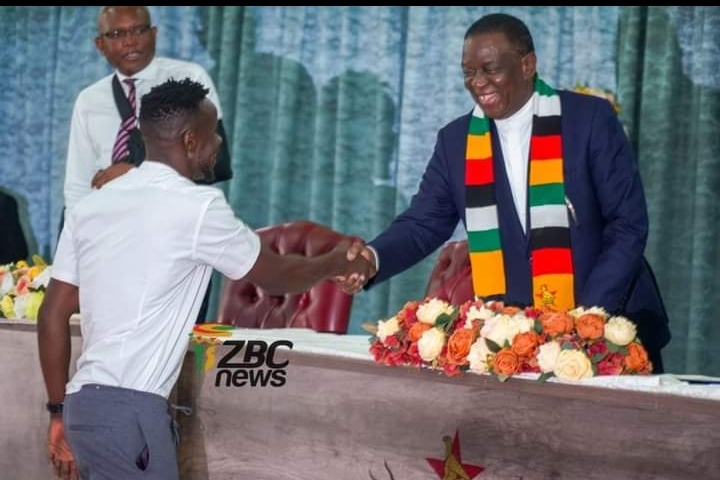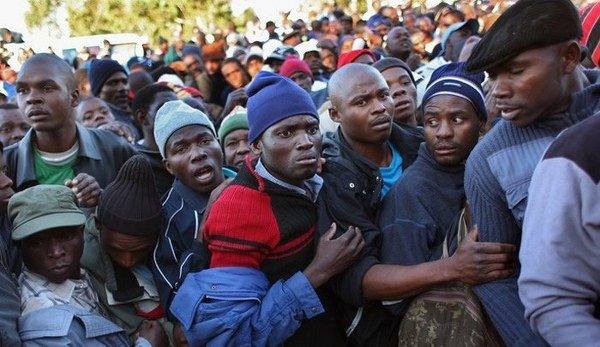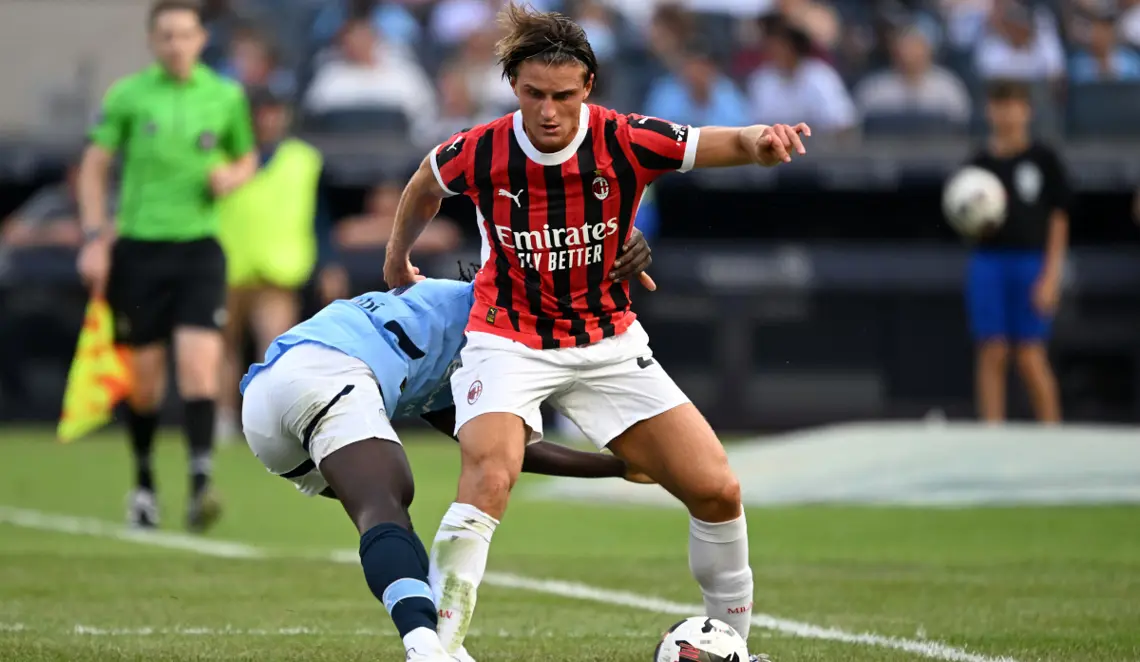Mnangagwa Spoils Warriors With Cash
By A Correspondent
On Tuesday, Zimbabwe’s President, Emmerson Mnangagwa, once again played his political cards to perfection by hosting a grand ceremony at State House in Harare to celebrate the Zimbabwe National Soccer Team’s qualification for the Africa Cup of Nations (AFCON). In a move that some critics are calling a political gimmick, Mnangagwa showered the Warriors with $6,500 each as a reward for their impressive performance in securing a spot in the 2024 AFCON tournament set to be held in Morocco.
While the gesture may have been well-received by the players and technical team, the timing and circumstances surrounding the event highlight the deep contradictions within Zimbabwe’s sports infrastructure and governance. Mnangagwa’s actions have sparked debate about whether the cash handouts are genuine recognition of the team’s efforts or just another way to curry political favor ahead of key national events.
The irony of the event was palpable. Zimbabwe’s soccer infrastructure is in such disrepair that the country’s national team has been forced to play its home games abroad, in Rwanda and South Africa, due to the substandard and FIFA-unapproved stadia within the country. This stark reality was highlighted during the same event, as Mnangagwa announced that the government had only just decided to build a new stadium in Mt. Hampden, Harare, and refurbish existing ones. While this plan sounds promising, the question remains as to why such a decision had not been made earlier, especially given the importance of football to national pride and unity.
In addition, Zimbabwe’s national team’s qualification comes with an asterisk: it was achieved under the guidance of German coach Michael Nees, who helped the Warriors finish second in AFCON’s Group J. Yet, despite qualifying, Zimbabwe’s FIFA ban, which had been imposed in February 2022 due to government interference in the Zimbabwe Football Association (ZIFA) by the Sports and Recreation Commission (SRC)—headed by Mnangagwa’s son-in-law, Gerald Mlotshwa—meant that the team could not play on home turf for international qualifiers. The lifting of this ban in July 2023 was a crucial moment in Zimbabwe’s football revival but also highlighted the direct role political interference had played in the country’s sporting isolation.
Political Gimmicks or Genuine Support?
The $1 million commitment from the government to the team’s preparations for the AFCON finals in Morocco next year, along with the $6,500 reward for each player, certainly appears generous. However, this largesse should be viewed against the backdrop of Zimbabwe’s long-standing issues with sports governance. The political undercurrent of these gestures is hard to ignore. Mnangagwa has a history of using state resources to bolster his image, especially ahead of major events. Hosting such a high-profile event, complete with the handout of cash and symbolic gestures like receiving a signed jersey, could easily be interpreted as a bid to win favor from the nation’s youth, sports fans, and the broader electorate.
The irony is compounded when one considers the very reason Zimbabwe had to play abroad in the first place: inadequate facilities. At the same time, Mnangagwa, in a moment of political theater, stands before the cameras, handing out cash while his government has failed for years to improve the conditions that would allow Zimbabwe to host international competitions.
The Long Road to Recovery
The lifting of Zimbabwe’s FIFA suspension was a crucial step in restoring the country’s footballing reputation. The subsequent appointment of a normalization committee to run ZIFA and the ongoing efforts to restructure the administration of football in the country are essential in moving Zimbabwe’s football forward. However, many remain skeptical about whether these reforms will be meaningful or simply another form of political window dressing. The process of electing a new ZIFA leadership is still ongoing, and it remains to be seen if these changes will translate into tangible improvements for the sport.
Zimbabwe’s sports sector, like much of the country, is caught in a web of political interference. The government’s actions, such as the recent financial rewards to the Warriors, while welcomed by some, also raise questions about the true motivations behind such initiatives. Is the government genuinely committed to fostering a competitive sports environment, or are these gestures just another form of political posturing?
Mnangagwa’s handing out of cash to the Zimbabwe Warriors is just the latest chapter in a series of political gimmicks aimed at cementing his image as a leader who “cares” about national pride. While the players’ achievements should be celebrated, the reality of Zimbabwe’s sports infrastructure and governance issues underscores the deep contradictions at play. If the country is to truly rise on the global football stage, it will need more than symbolic acts and cash handouts—it will require real, sustained investment in infrastructure and governance reforms.
Related
#Mnangagwa #Spoils #Warriors #Cash #ZimEye



